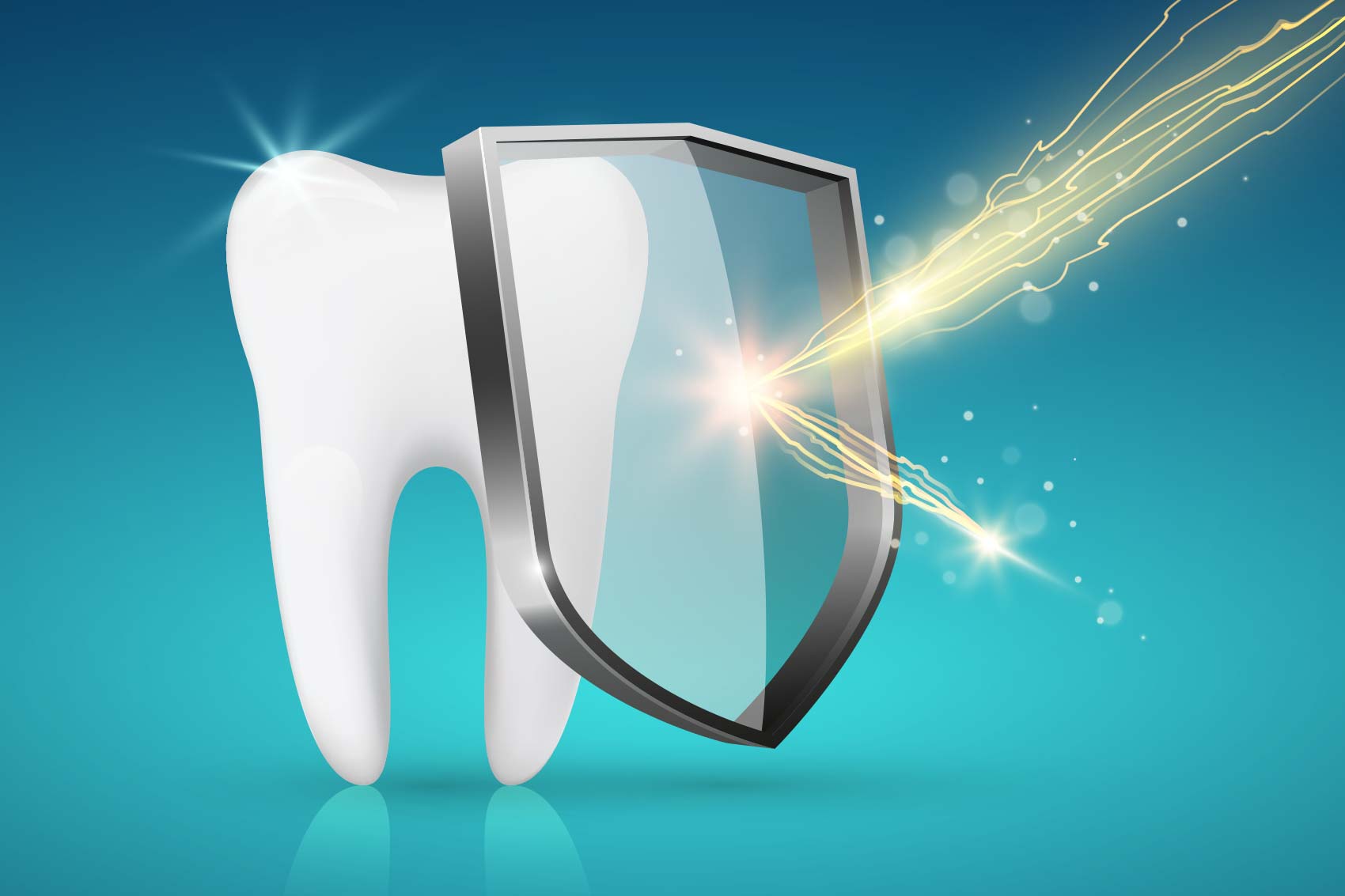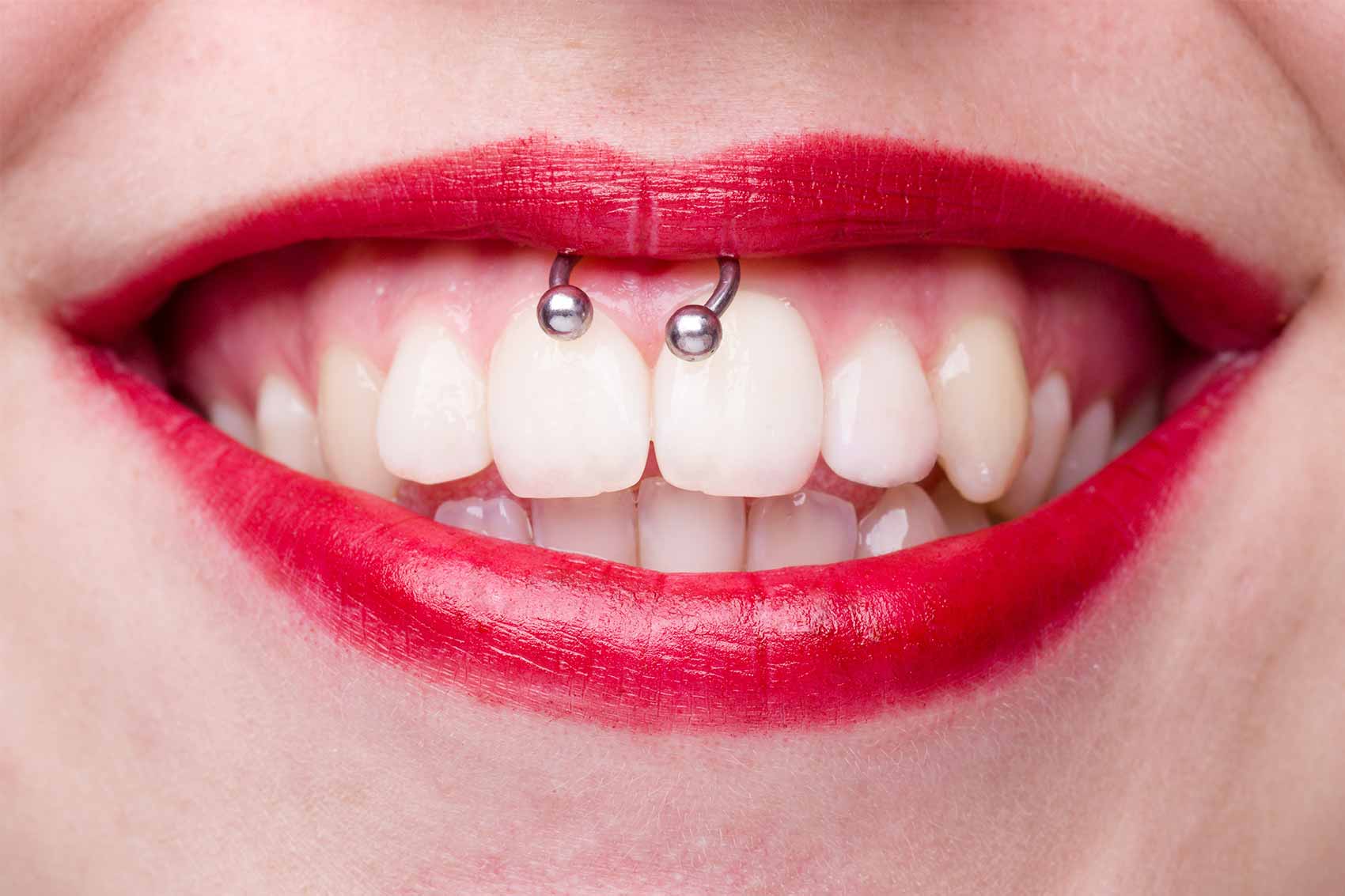Brush your teeth well, limit your consumption of sugary snacks, use dental floss and see your dentist regularly: you’re undoubtedly familiar with the basic precautions for preventing cavities.
But have you heard about dental sealant? Some people see it as an unnecessary expense, while others see it as an indispensable component of good oral hygiene.
So what are the pros and cons of dental sealants? Let’s take a closer look together.
What is dental sealant?
Naturally, knowing exactly what we’re talking about will give you a better understanding of this option. Our teeth are anything but completely smooth; in fact, they contain tiny furrows or grooves where food particles can collect. When this residue becomes stuck to the teeth at varying depths, it’s easy to understand why it can promote the growth of bacteria, the buildup of plaque and, ultimately, the formation of cavities.
This is where super dental sealant comes to the rescue! A veritable protective barrier, it’s a transparent liquid resin that coats your teeth, filling in all of those little nooks and crannies. The result? Protection for your teeth, as there’s one less way for bacteria to gain access!
Quick and painless, with no anesthesia required, a dental sealant treatment is especially indicated for children and teenagers. Its non-invasive character explains its growing success among this clientele. Dental sealants also reduce the risks of cavities in the primary molars (the molars that are part of a child’s baby teeth or milk teeth), as well as the permanent molars, both of which are particularly susceptible to these types of problems.
It’s up to your dentist to ascertain whether the application of a dental sealant is warranted and if all of your teeth could benefit from it. To make this determination, he or she will look at the quality of your enamel and the depth of the grooves, in addition to your oral hygiene and dietary habits.
In the United States, an estimated 43 percent of children aged 6 to 11 have been treated with a dental sealant, and recent studies have shown that it reduces cavities by 80 percent during the first two years following application.
So is it really the dental miracle that some claim it is?
Advantages and disadvantages of sealants
Proven prevention and demonstrated effectiveness: the benefits of dental sealants are real! Add to that the properties we’ve already touched upon (the absence of pain and anesthesia, as well as the quick, non-invasive nature) and it’s easy to understand why it’s a particularly good option for children.
With such an idyllic portrait, what could possibly quell your ardor when it comes to applying a dental sealant?
- First, there’s the cost, which ranges from $35 to $60. This price, which is relatively affordable and much less expensive than treating a cavity, can still represent a significant investment, depending on household income and the number of children in the family.
- Second, there’s the duration. Dental sealants aren’t eternal, as you must reapply them every two years, on average.
- Third, there’s a risk of sensitivity or allergic reactions. Although these side effects are rare, they aren’t impossible, so you should keep them in mind.
- Finally, there is the necessity or lack thereof. Just because you don’t have a sealant on your teeth doesn’t mean that you’re automatically at risk of developing a cavity! This is why it’s important to discuss your oral health with your dentist before jumping on the bandwagon.
When it comes to dental sealants, things aren’t always black and white. In fact, whether to apply one or not depends quite simply on the general quality of your teeth. While a dental sealant offers undeniable advantages, it isn’t necessarily obligatory in every situation.
To get the straight facts regarding this solution, feel free to pay us a visit at Clinique Dentaire Charles Trottier. The goal isn’t for you to waste money on unnecessary treatments but rather to advise you as to the best course of action, according to your needs and resources.
Sources:
Centre dentaire Mont-Royal. Mieux protéger ses dents contre les caries grâce aux scellants dentaires [Protecting your teeth better against cavities, thanks to dental sealants]. 2023.
Génial Santé. Scellants dentaires : Les risques et les coûts en valent-ils la peine? [Dental sealants: are they worth the risk and the cost?]. 2023.





